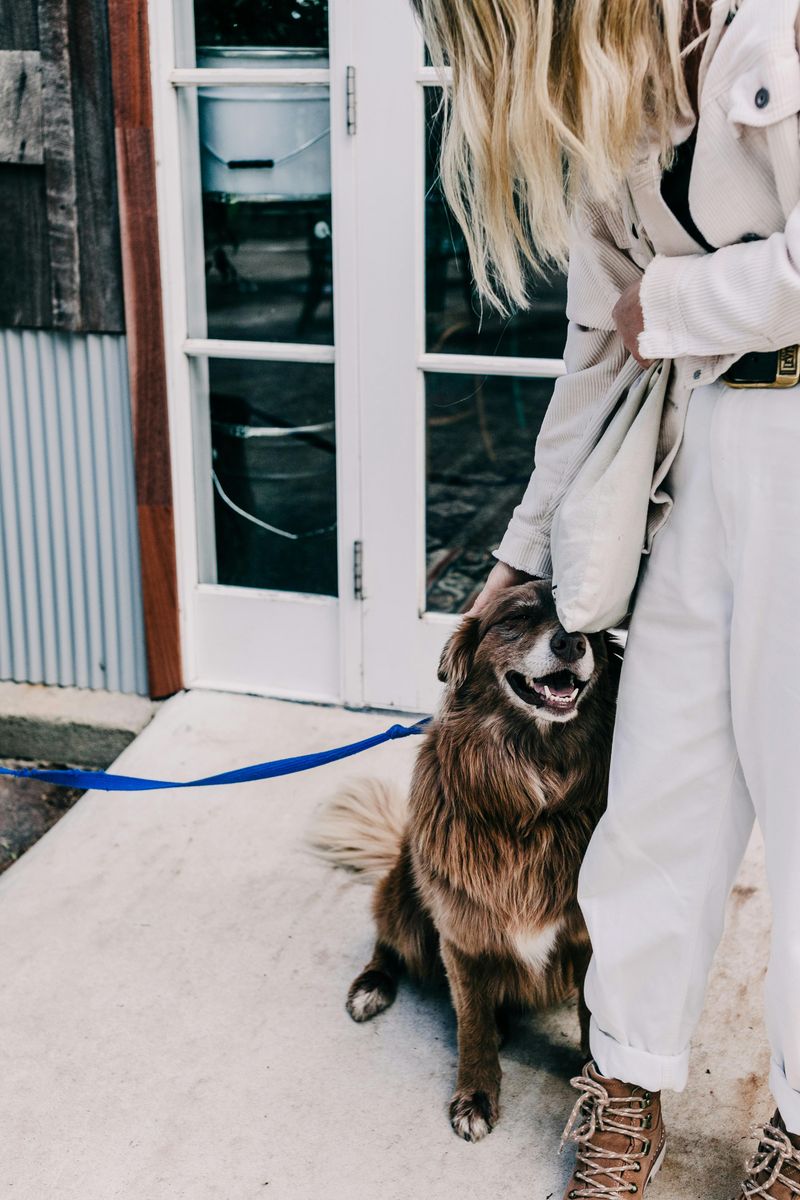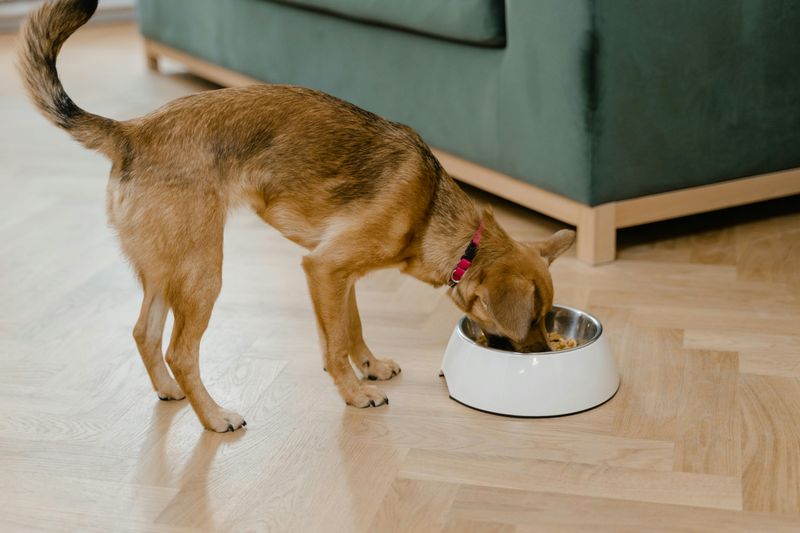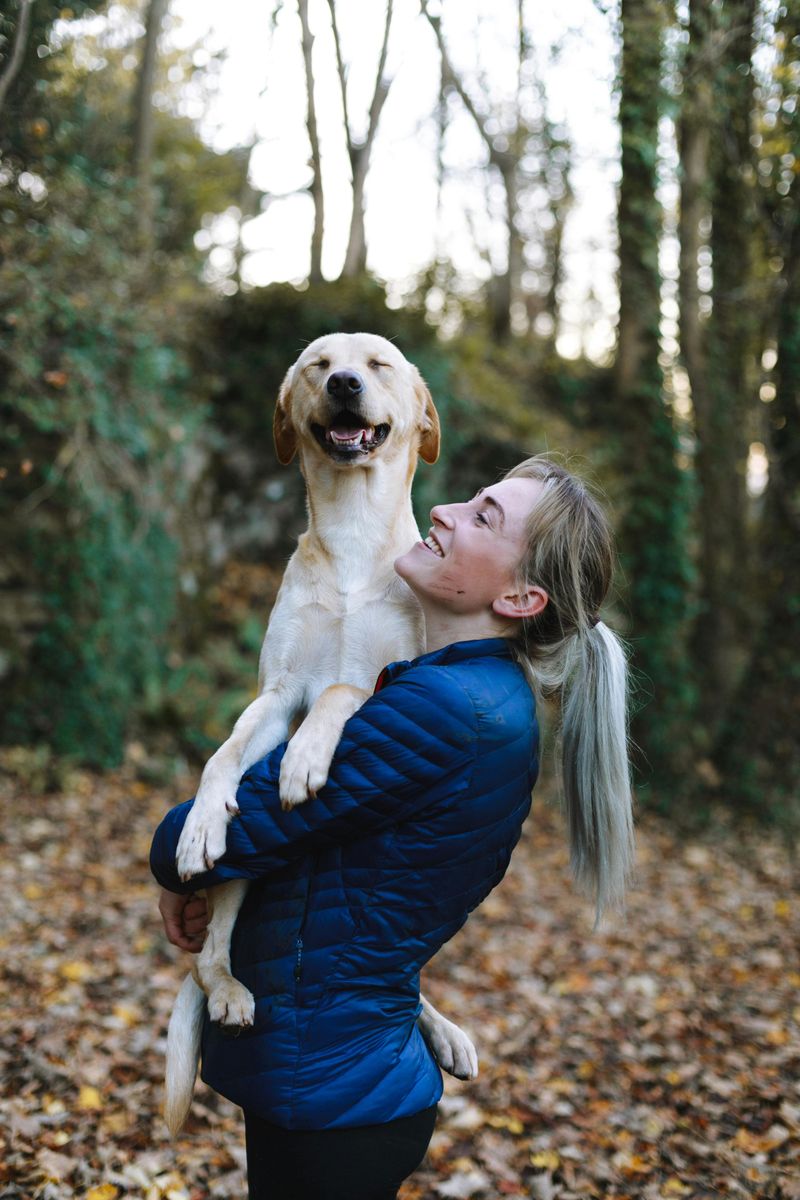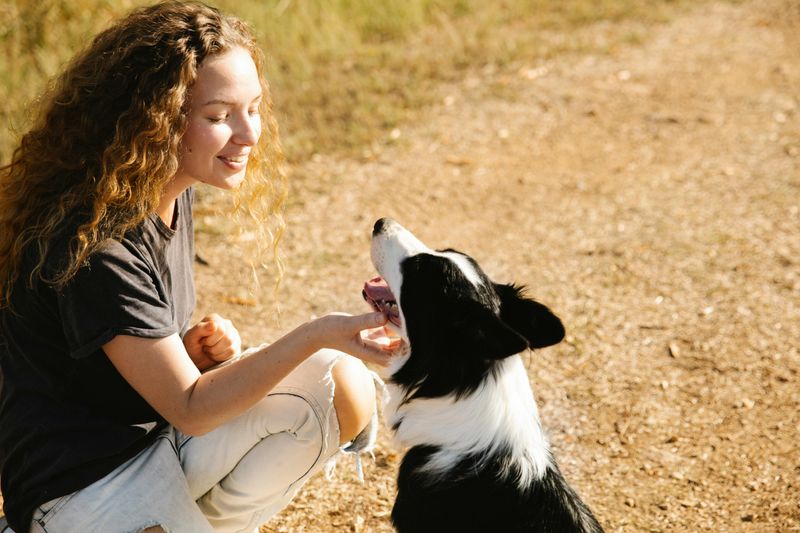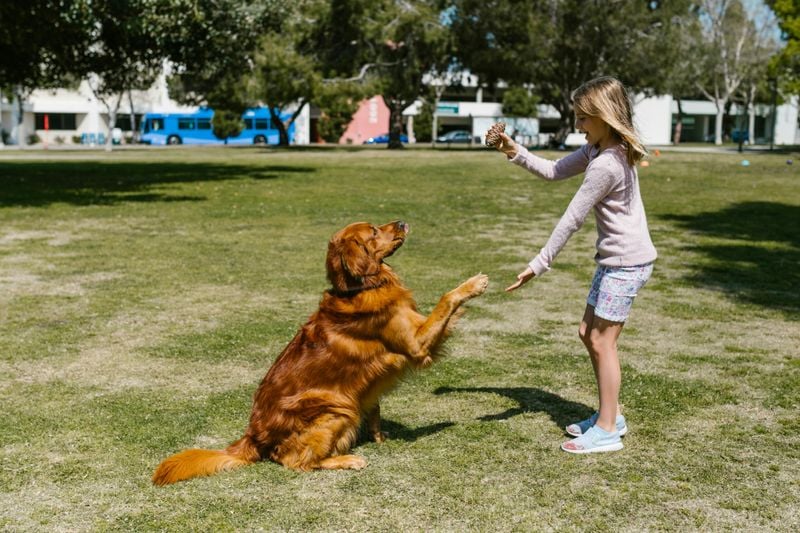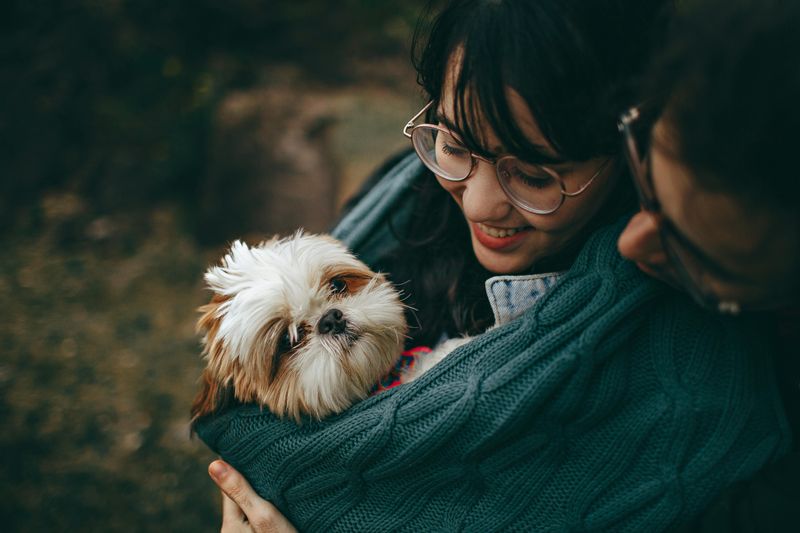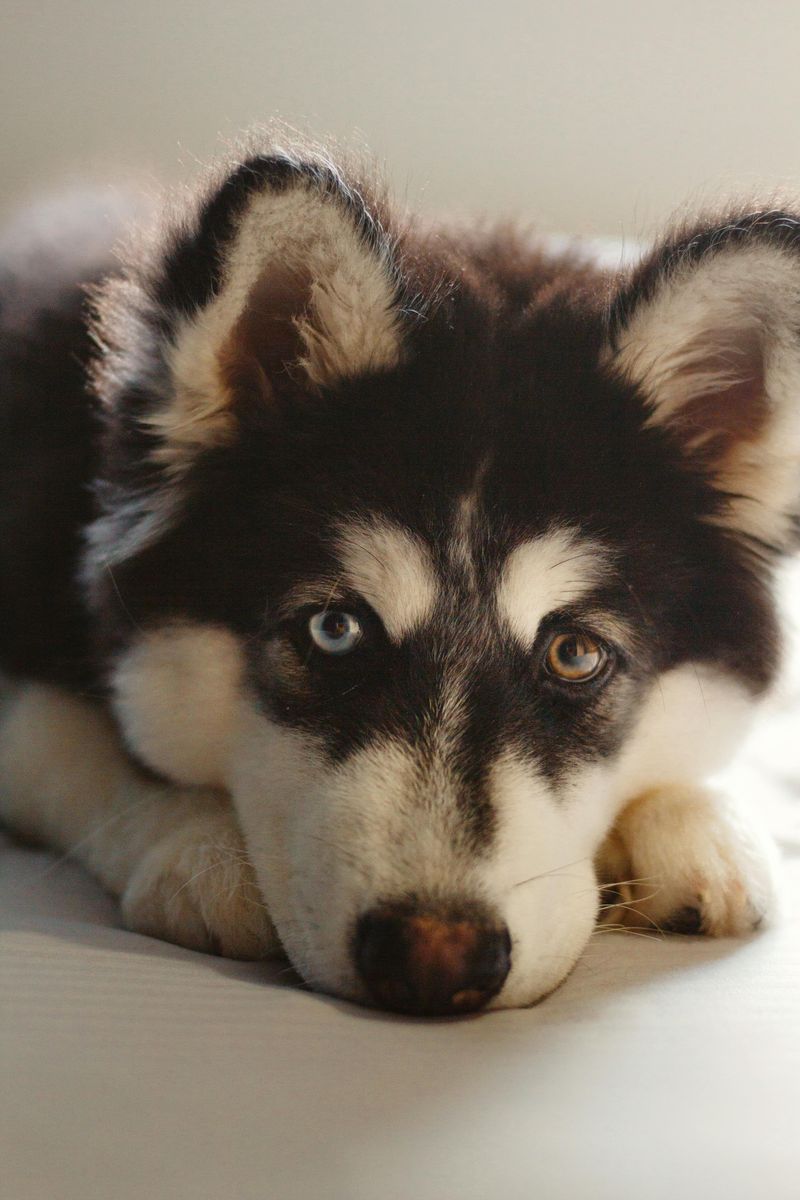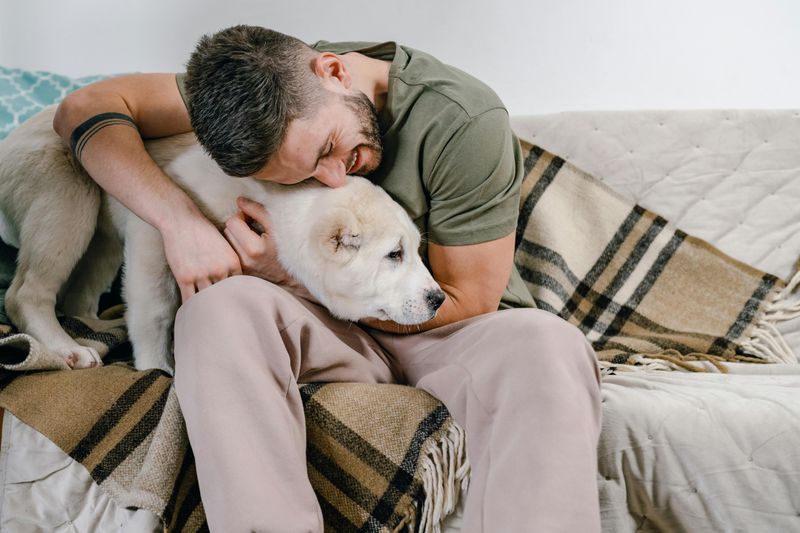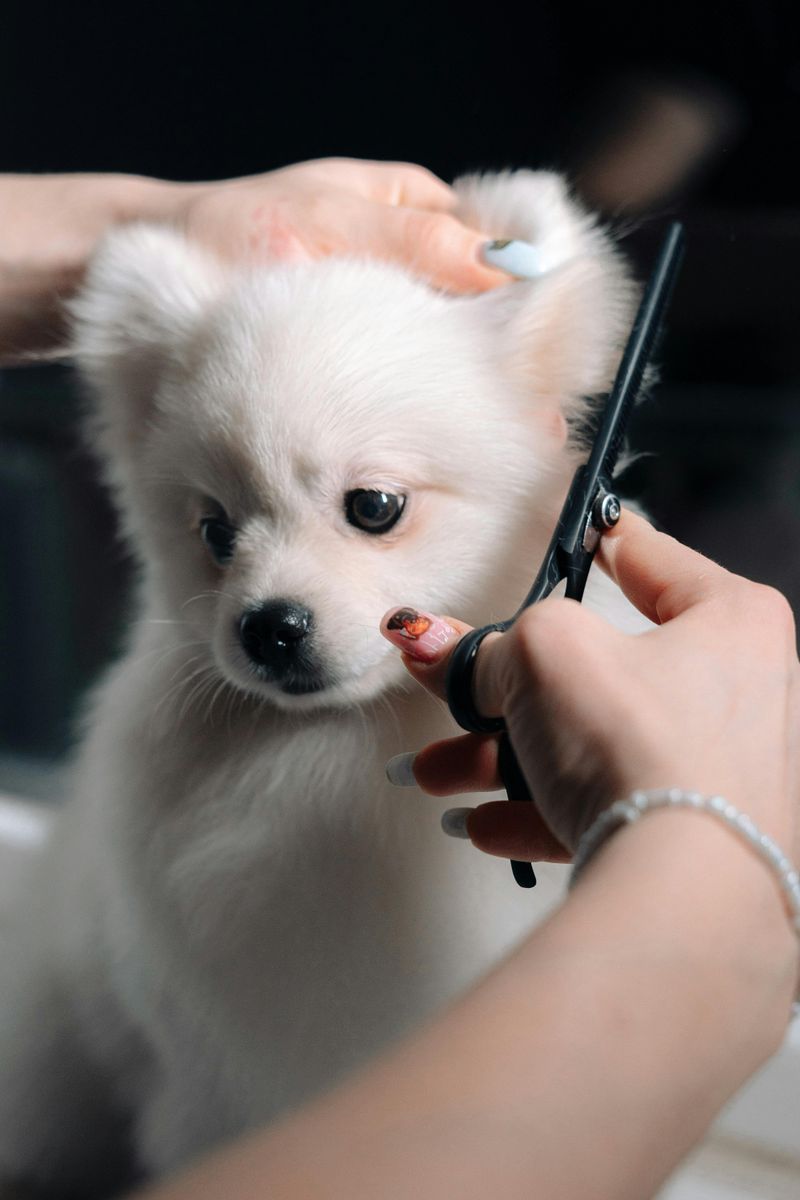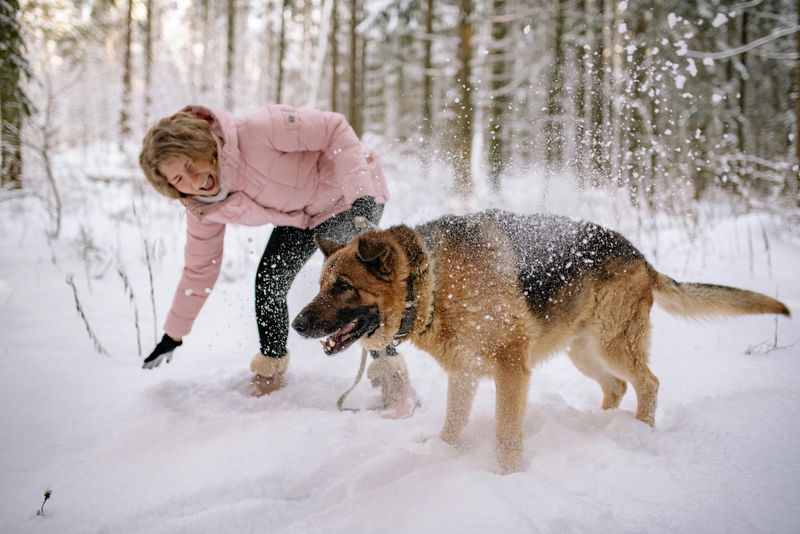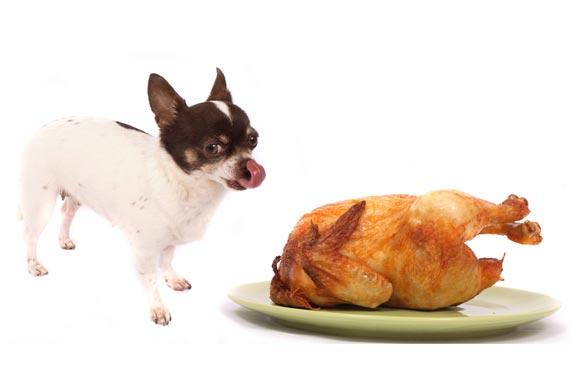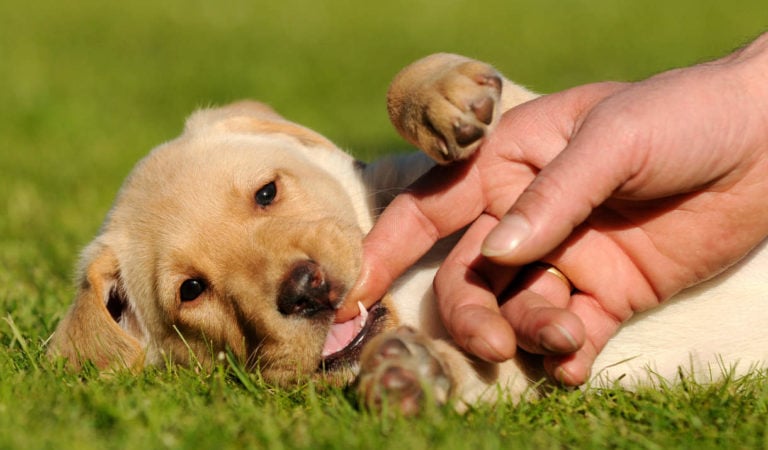12 Things Your Dog Will Never Forget About How You Treat Them
Dogs may live in the moment, but that doesn’t mean they forget. In fact, your furry friend remembers far more than you might think—not just commands or routines, but the way you treat them every single day. While they might lose track of where they left that squeaky toy, they never forget how you make them feel.
Your dog stores memories tied to emotion, especially the ones connected to their favorite human: you. Whether it’s the warmth of your welcome when you walk through the door or the comfort you offer during a thunderstorm, these moments leave lasting imprints. And yes, they also remember when they were scolded unfairly, left behind too often, or ignored when they needed reassurance.
Unlike people, dogs don’t hold grudges, but they do form patterns of trust—or anxiety—based on your everyday actions. The tone of your voice, the consistency of your routines, how patient you are during training sessions, and even the way you pet them—each of these details gets filed away in their emotional memory bank.
That’s why how you treat your dog matters more than you think. The bond you build isn’t just made of belly rubs and biscuits—it’s shaped by the respect, attention, and love you show in the smallest moments.
In this article, we’ll explore powerful things your dog remembers about the way you treat them. Some may warm your heart, others might spark reflection, but all of them are reminders that you’re not just raising a pet. You’re shaping a lifelong relationship, built on trust, affection, and unforgettable moments.
1. Your Welcoming Embrace
Coming home to your dog is a daily reunion they cherish forever. The way you greet them—whether with enthusiasm or indifference—creates a lasting impression in their emotional memory.
Dogs who receive warm welcomes develop stronger bonds with their owners. They anticipate your return and remember exactly how you typically react when you walk through the door.
Even on your worst days, taking those few seconds to acknowledge your pup reinforces their importance in your life. This simple act builds trust and security that shapes your entire relationship.
2. Meal-Time Reliability
Food equals love in the canine world. Your consistency with mealtimes creates a foundation of trust your dog never forgets. When you maintain regular feeding schedules, you’re communicating dependability.
Dogs develop internal clocks around feeding routines. They remember not just when you feed them but how you do it—whether you make them wait patiently or let them dive right in.
The quality of food matters too. Your pup recognizes when you provide nutritious meals versus tossing them whatever’s convenient. This care translates directly to how valued they feel in your home.
3. Your Voice’s Emotional Tone
Dogs are tone detectives who never forget how your voice makes them feel. They distinguish between your loving coos, stern commands, and angry shouts, remembering each emotional association long after the moment passes.
Your furry friend might not understand every word you say, but they absolutely comprehend the emotion behind it. This sensitivity means harsh words leave lasting impressions, while gentle tones build confidence.
Speaking consistently with kindness creates a dog who responds eagerly rather than fearfully. They remember and react to patterns in your communication style, developing either trust or anxiety based on your vocal habits.
4. Physical Handling Experiences
Your hands tell your dog everything about your relationship. Rough handling during grooming, play, or correction creates negative associations that dogs carry throughout their lives.
Gentle touches during nail trims, ear cleanings, and bath time teach your dog that maintenance activities aren’t threats. This careful approach builds cooperation rather than fear.
Dogs particularly remember if you’ve ever struck them in anger. A single frightening physical encounter can permanently alter how they perceive your movements. Building a foundation of respectful handling ensures your dog sees your hands as sources of comfort, not concern.
5. Patience During Training Sessions
Your frustration threshold during training sessions speaks volumes to your dog. They remember when you lose your cool versus when you remain calm through their learning process.
Dogs thrive with owners who understand that mastering new skills takes time. Your willingness to break commands into manageable steps and celebrate small victories builds their confidence.
Training sessions where you maintain composure even after multiple failed attempts create a dog who’s willing to keep trying. This patience forms the foundation of their problem-solving abilities and willingness to work with you rather than fear making mistakes.
6. Comfort During Thunderstorms
When thunder crashes and lightning flashes, your response to your dog’s fear becomes a defining memory. Dogs never forget whether you provided sanctuary or dismissed their anxiety during frightening situations.
Creating safe spaces during storms—a quiet bathroom, a covered crate, or simply your steady presence—tells your dog you’re their protector. This security forms the bedrock of their trust in you.
Many owners don’t realize that scolding a fearful dog only intensifies their terror. Your calm reassurance during scary moments demonstrates that you’re a reliable partner through life’s challenges, building a bond that transcends ordinary companionship.
7. Adventure Companionship
Dogs remember the exciting places you’ve taken them and the boring places you’ve left them. Your willingness to include your furry friend in adventures creates a dog who feels like a valued family member rather than an afterthought.
Car rides to nowhere special, hiking trails conquered together, and beach days spent frolicking—these experiences become treasured memories. Dogs who regularly experience new environments alongside their humans develop confidence and adaptability.
Conversely, being frequently left behind while the family has fun elsewhere creates feelings of exclusion. The joy in your dog’s eyes when included in outings reflects their appreciation for being part of your whole life.
8. Respect For Their Boundaries
Dogs have personal space preferences just like humans do. Some crave constant cuddles while others need alone time, and they never forget if you honor these boundaries.
Forcing affection on a dog who’s signaling discomfort teaches them their communication doesn’t matter. Alternatively, respecting when they move away or show subtle signs of stress builds their confidence in expressing needs.
The most trusting dogs belong to owners who recognize consent matters in the human-canine relationship too. Your willingness to observe and respond to your dog’s comfort signals creates a relationship built on mutual respect rather than one-sided expectations.
9. Your Response To Their Mistakes
Accidents happen—how you handle them shapes your dog’s emotional security. They remember whether you responded with understanding or harsh punishment when they chewed your shoe or had an indoor bathroom mishap.
Dogs who are met with consistent, fair guidance rather than unpredictable anger develop better problem-solving skills. They learn from mistakes instead of simply fearing consequences.
Your ability to distinguish between normal canine behavior and deliberate disobedience matters tremendously. Dogs carry the emotional impact of being punished for things they didn’t understand were wrong, creating confusion that can damage your communication system.
10. Consistency In Rules
Dogs thrive on predictable expectations. They remember—and get confused by—inconsistent rules like being allowed on furniture sometimes but scolded for it other times.
Clear boundaries create confident dogs who understand their place in your household. When rules change based on your mood or who’s visiting, dogs develop anxiety about what behaviors are actually acceptable.
The most well-adjusted pups live with owners whose expectations remain steady. Your consistency in enforcing household rules—whether strict or permissive—provides security. This reliability helps your dog navigate your shared life without the stress of constantly guessing what’s allowed.
11. Attention During Illness
When your dog doesn’t feel well, your response becomes a cornerstone memory of your relationship. They never forget whether you noticed their discomfort and took action or dismissed their symptoms.
Dogs who receive prompt veterinary care and extra comfort during illness develop deeper trust in their humans. Your attentiveness during these vulnerable times demonstrates your commitment to their wellbeing.
Even subtle changes in behavior—eating less, moving slower, seeking isolation—deserve your concern. Your willingness to advocate for your dog when they’re unwell reinforces that you’re their protector and caregiver through all of life’s challenges.
12. Time Spent Together
Dogs measure love in minutes and hours. They remember whether you make time for play, walks, and simply being together, or if they’re an afterthought in your busy schedule.
Quality time doesn’t require elaborate activities. Your pup treasures the ordinary moments: morning cuddles, evening strolls, weekend lounging. These regular connections build a sense of belonging and purpose.
Dogs with owners who consistently carve out dedicated time develop secure attachments. Your presence is the greatest gift you can offer your four-legged companion. The pattern of attention you establish becomes their expectation for how relationships should feel.

